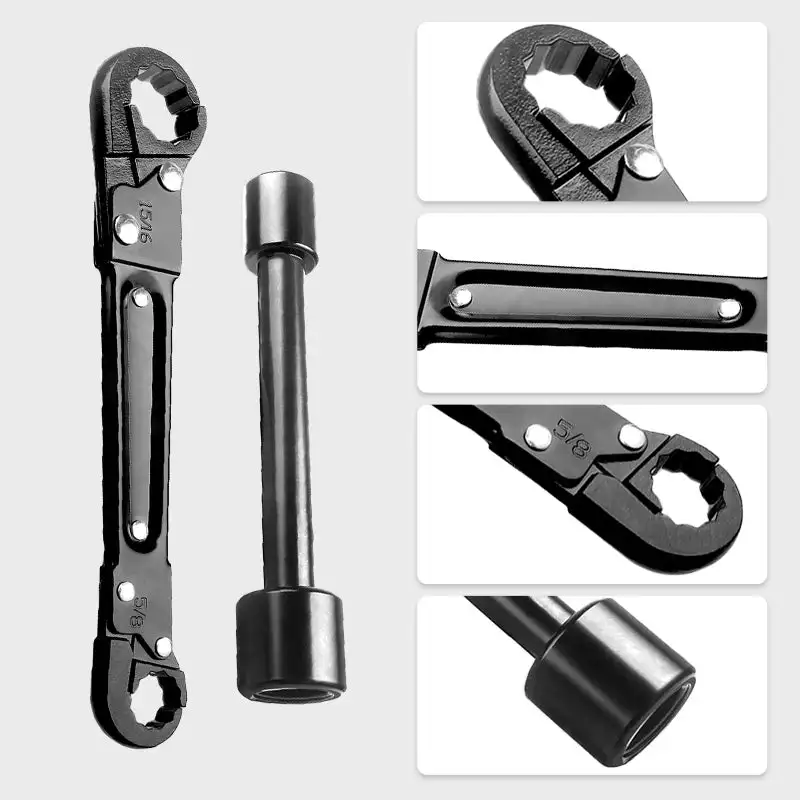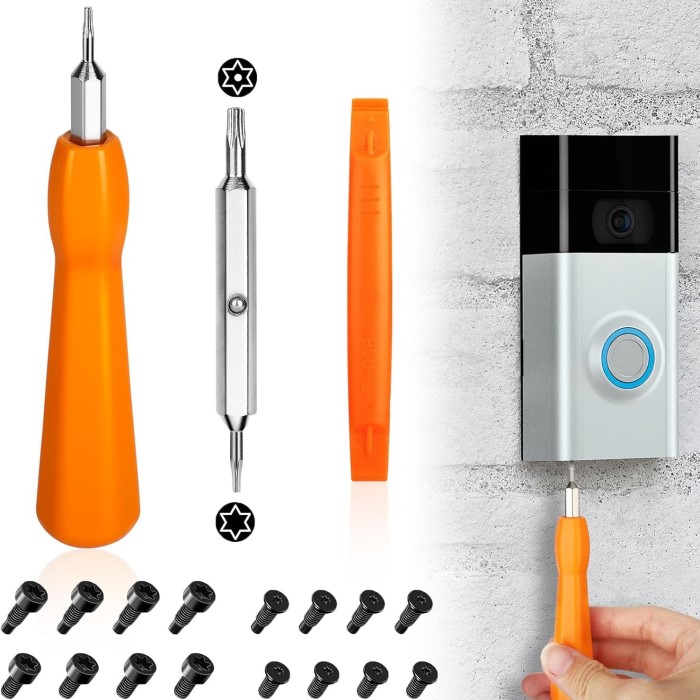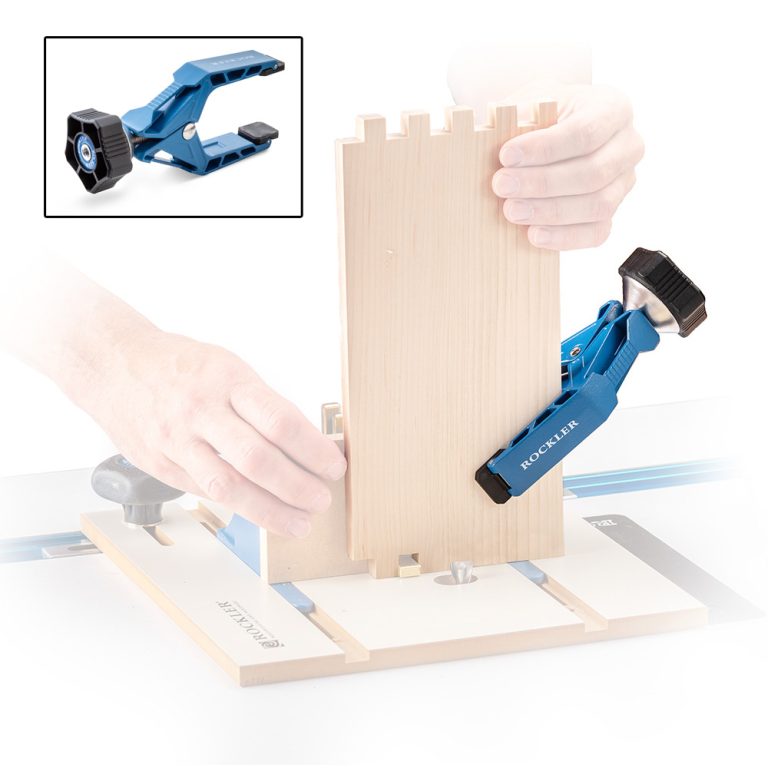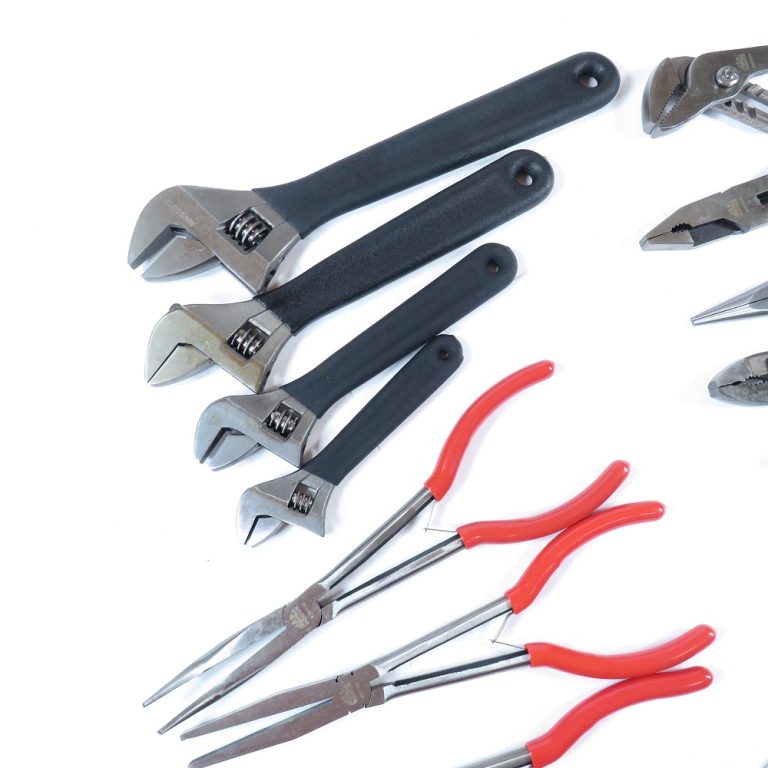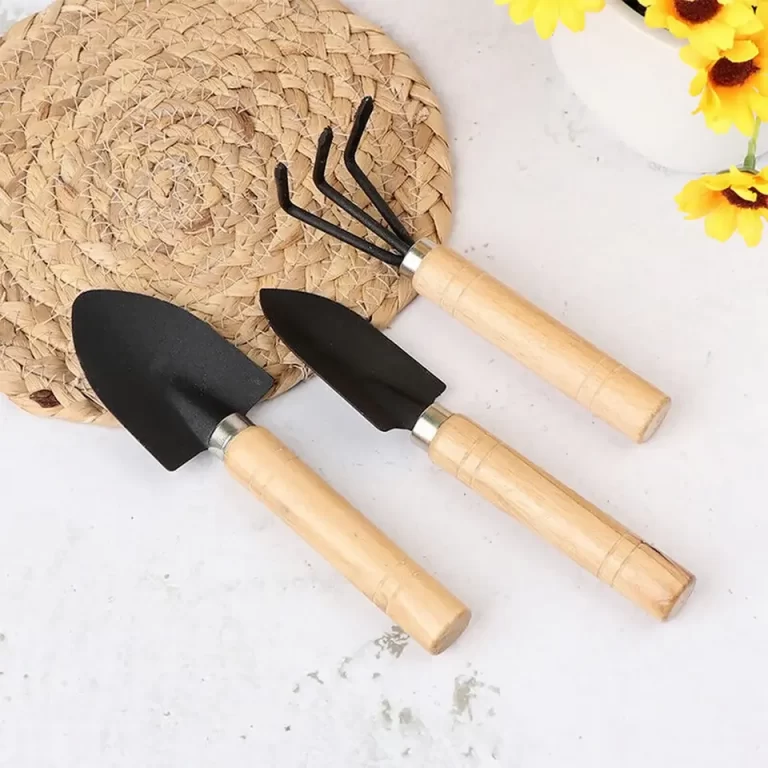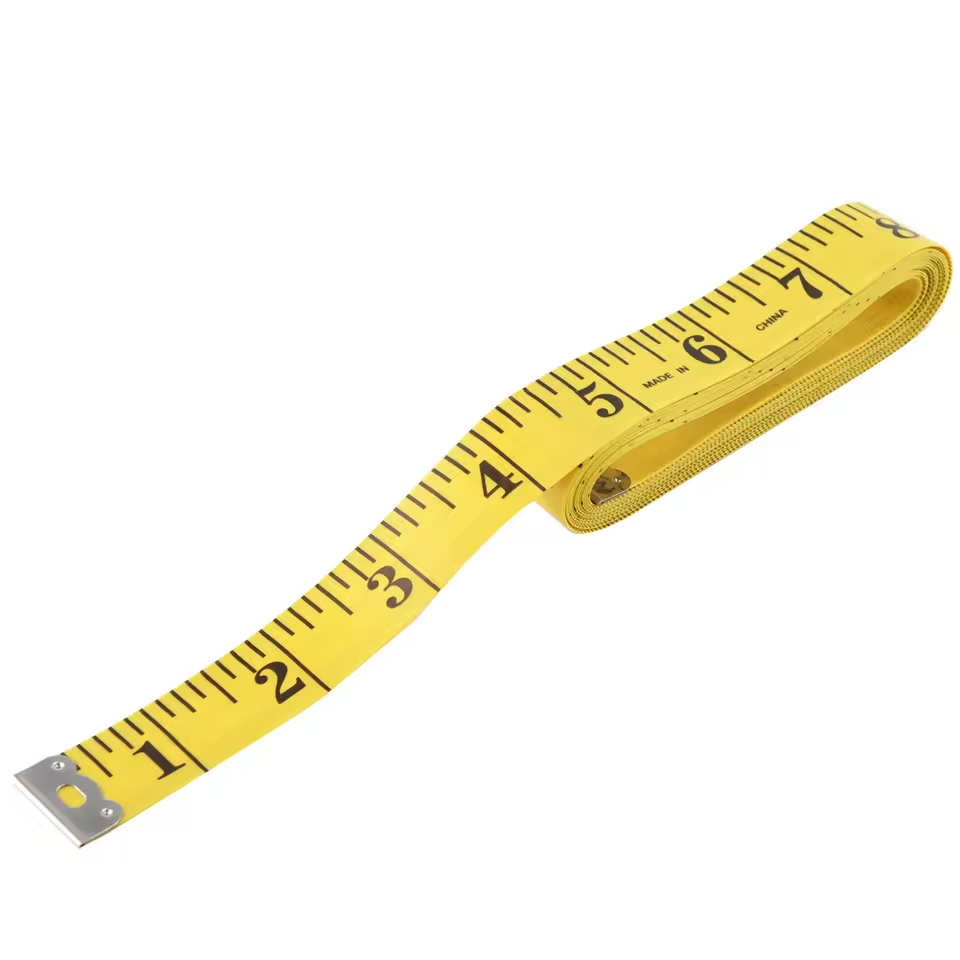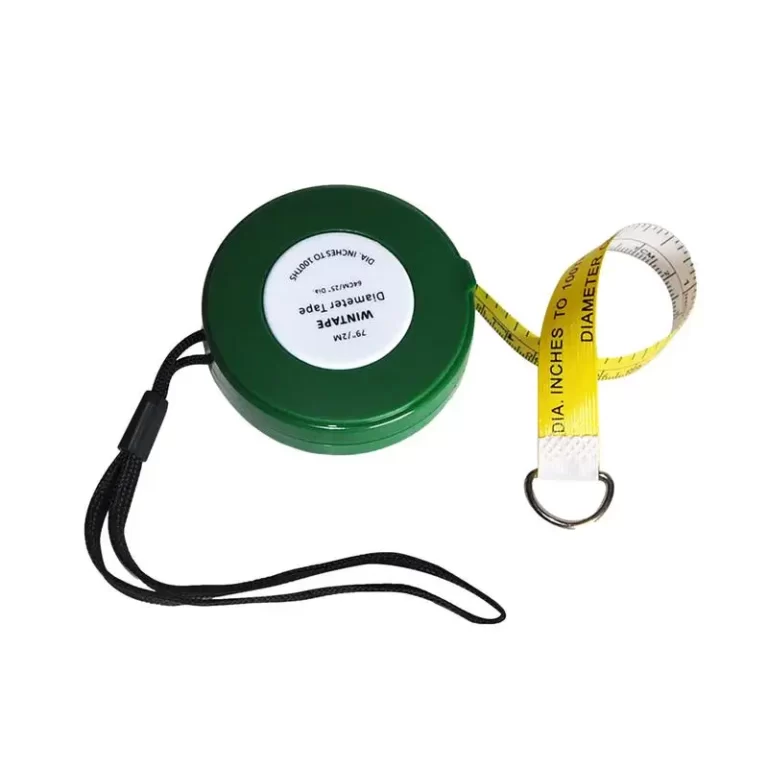In the world of plumbing, having the right tools is paramount to ensuring efficient and effective work. One such indispensable tool is the plumbers wrench. But what is a plumbers wrench, and why is it so crucial for plumbers? This comprehensive guide delves into the various aspects of plumbers wrenches, including their types, uses, benefits, and maintenance tips. Whether you’re a budding plumber or a DIY enthusiast, understanding this tool can significantly enhance your plumbing endeavors.
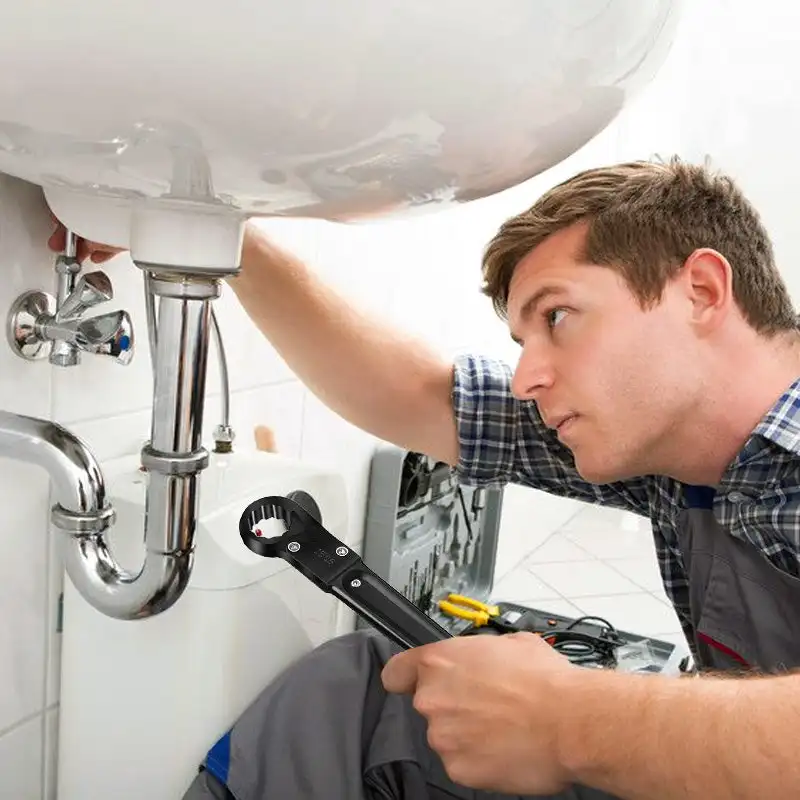 Defining the Plumbers Wrench: A Fundamental Tool in Plumbing
Defining the Plumbers Wrench: A Fundamental Tool in Plumbing
A plumbers wrench is a specialized tool designed specifically for plumbing tasks. Unlike standard wrenches, plumbers wrenches offer unique features tailored to handle the complexities of plumbing systems. These wrenches are essential for tightening and loosening pipes, fittings, and fixtures, ensuring secure and leak-free connections.
The Core Functionality of a Plumbers Wrench
At its core, a plumbers wrench serves as a reliable instrument for manipulating plumbing components. Its design allows plumbers to apply the necessary torque to nuts and bolts without causing damage to the pipes or fittings. This precision ensures that connections are both tight and stable, preventing potential leaks and system failures.
Essential Features of a Plumbers Wrench
Several key features distinguish plumbers wrenches from other types of wrenches:
- Adjustable Jaw: Plumbers wrenches typically have an adjustable jaw, allowing them to fit various pipe sizes and shapes.
- Long Handle: The extended handle provides greater leverage, making it easier to apply force when dealing with stubborn or tightly secured fittings.
- Corrosion-Resistant Materials: Constructed from durable, corrosion-resistant materials, these wrenches can withstand the harsh environments often encountered in plumbing work.
- Ergonomic Design: An ergonomic design ensures comfort during prolonged use, reducing hand fatigue and enhancing precision.
Types of Plumbers Wrenches: Versatility in Action
Understanding the different types of plumbers wrenches is crucial for selecting the right tool for any specific task. Each type offers unique advantages tailored to various plumbing scenarios.
Pipe Wrench: The Classic Choice
The pipe wrench, often synonymous with plumbers wrenches, is perhaps the most recognized type. It features serrated jaws that grip pipes securely, providing excellent leverage for turning and gripping. The adjustable jaw allows it to accommodate different pipe diameters, making it a versatile tool for various plumbing tasks.
Basin Wrench: Specialized for Tight Spaces
Basin wrenches are designed for working in confined spaces, such as under sinks and around fixtures. Their long, pivoting handle and swiveling jaw make it easier to reach and manipulate nuts and bolts in tight areas, where standard wrenches might be cumbersome.
Adjustable Wrench: Flexibility at Your Fingertips
An adjustable wrench, while not exclusively a plumbers tool, is highly useful in plumbing work due to its ability to adapt to different sizes of nuts and bolts. Its versatility makes it an essential addition to any plumber’s toolkit, suitable for a wide range of tasks beyond just tightening and loosening.
Strap Wrench: Gentle Yet Firm Grip
Strap wrenches utilize a flexible strap, typically made of rubber or fabric, wrapped around the object to provide a firm grip without causing damage. This type is particularly useful for handling delicate fittings and fixtures that could be scratched or dented by metal wrenches.
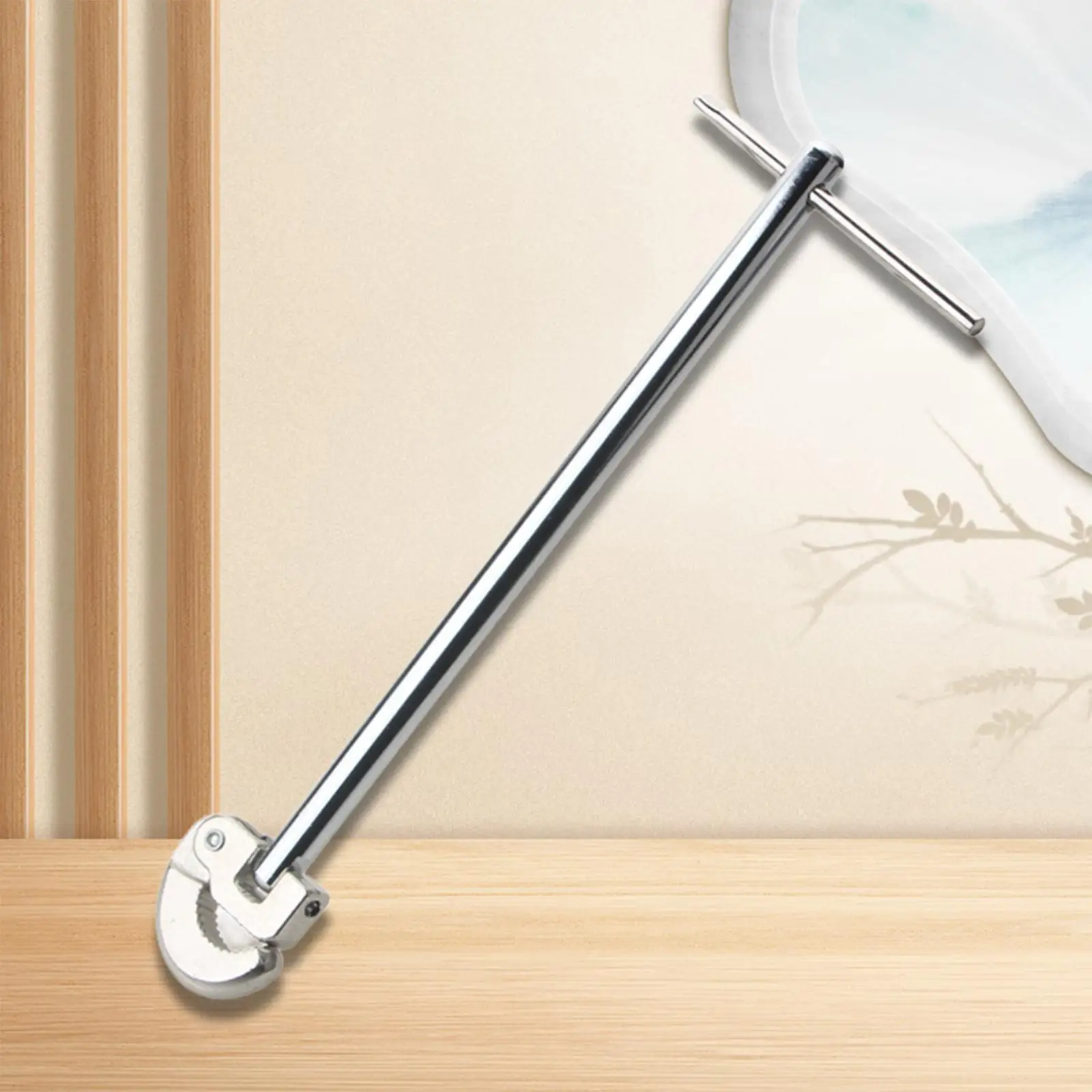 Practical Applications: How Plumbers Use Their Wrenches
Practical Applications: How Plumbers Use Their Wrenches
Plumbers rely on their wrenches for a multitude of tasks, each requiring precision and strength. Here are some common applications:
Tightening and Loosening Pipes and Fittings
One of the primary uses of a plumbers wrench is to tighten or loosen pipes and fittings. Properly secured connections are essential for preventing leaks and ensuring the integrity of the plumbing system. A plumbers wrench applies the necessary torque without over-tightening, which can damage pipes or fittings.
Installing Fixtures
Installing plumbing fixtures such as faucets, toilets, and sinks involves securing them firmly to the plumbing system. Basin wrenches are particularly useful in these scenarios, allowing plumbers to maneuver in tight spaces and achieve a secure fit.
Repairing Leaks
When repairing leaks, plumbers wrenches help in dismantling faulty connections and reassembling them with precision. This ensures that the repaired joints are leak-free and reliable, enhancing the overall performance of the plumbing system.
Adjusting Valves
Valves control the flow of water within the plumbing system. Adjusting these valves requires a delicate touch and the right amount of force. Plumbers wrenches provide the control needed to make these adjustments accurately, maintaining the desired water pressure and flow.
Benefits of Using a Plumbers Wrench: Enhancing Efficiency and Safety
Investing in high-quality plumbers wrenches offers numerous benefits, making them an essential tool for both professional plumbers and DIY enthusiasts.
Improved Torque and Grip
Plumbers wrenches are designed to provide exceptional grip and leverage, allowing users to apply the right amount of torque. This improves the efficiency of tightening or loosening bolts and nuts, saving time and effort during plumbing tasks.
Versatility and Adaptability
The adjustable nature of many plumbers wrenches makes them highly versatile. They can handle a wide range of pipe sizes and fittings, reducing the need for multiple specialized tools and streamlining your toolkit.
Enhanced Durability and Longevity
Constructed from robust, corrosion-resistant materials, plumbers wrenches are built to withstand the rigorous demands of plumbing work. Their durability ensures they remain reliable tools for years, even in harsh working conditions.
Safety and Reliability
Using the right tool for the job enhances safety by reducing the risk of slips and accidents. Plumbers wrenches are designed to provide a secure grip and controlled movement, minimizing the chances of injury and ensuring reliable performance.
Selecting the Best Plumbers Wrench: Factors to Consider
Choosing the right plumbers wrench is essential for effective and safe plumbing work. Here are the key factors to consider when selecting the best plumber’s wrench for your needs.
Size and Fit
The size of the wrench should correspond to the size of the pipes and fittings you’ll be working with. An appropriately sized wrench ensures optimal grip and torque, reducing the risk of slipping or damaging plumbing components. Beginners should consider adjustable wrenches that accommodate a range of sizes, providing versatility as they gain experience.
Weight and Balance
The weight and balance of a plumbers wrench can significantly impact ease of use. A well-balanced wrench reduces hand fatigue, allowing for longer periods of comfortable use. Lightweight wrenches are preferable for beginners who may not yet have developed the necessary strength and endurance for handling heavier tools.
Jaw Design
The jaw design of the wrench determines how effectively it grips pipes and fittings. Serrated jaws offer a better grip on smooth surfaces, preventing the wrench from slipping. Fully adjustable jaws provide flexibility, while jaws with a slight angle can help maintain a firm grip on different pipe angles.
Build Quality and Durability
Investing in a high-quality, durable wrench is crucial for long-term use. Look for wrenches made from high-grade steel or other robust materials that can withstand the demands of plumbing work. Reinforced joints and corrosion-resistant finishes enhance the tool’s longevity, ensuring it remains a reliable part of your toolkit.
Ease of Adjustment
For adjustable plumbers wrenches, the ease of adjusting the jaw is a critical factor. Smooth, quick adjustments allow for efficient work, especially when switching between different pipe sizes. Beginner plumbers will benefit from wrenches that offer intuitive and hassle-free adjustment mechanisms.
Ergonomic Features
Ergonomic features such as comfortable handles, non-slip grips, and optimal weight distribution can enhance the user experience. These features reduce strain on the hands and wrists, allowing for better control and precision during plumbing tasks. Ergonomic wrenches are particularly beneficial for beginners who may spend extended periods using the tool.
Price and Value
While it might be tempting to opt for the cheapest option available, investing in a good-quality plumbers wrench can save money in the long run by avoiding frequent replacements and repairs. Consider the balance between quality and affordability, selecting a wrench that offers the best value for your budget.
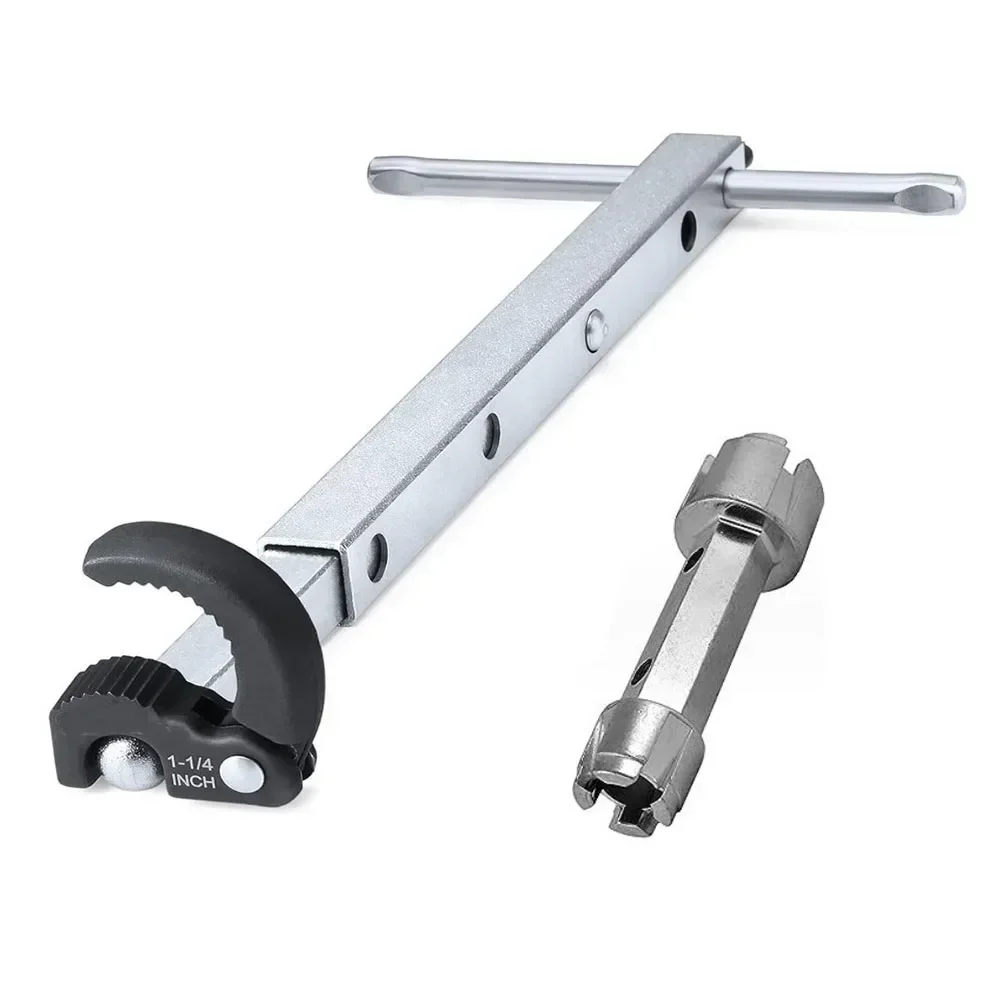 Maintenance Tips for Plumbers Wrenches: Ensuring Longevity and Performance
Maintenance Tips for Plumbers Wrenches: Ensuring Longevity and Performance
Proper maintenance of your plumbers wrench is essential for sustaining its performance and extending its lifespan. Here are some maintenance tips to keep your wrench in top condition.
Cleaning After Use
After each use, clean your wrench thoroughly to remove any debris, dirt, or moisture. Wipe it down with a clean, dry cloth and ensure that all moving parts are free from obstruction. Regular cleaning prevents rust and corrosion, particularly for wrenches made from metal.
Lubricating Moving Parts
Lubricate the adjustable jaws and any pivot points with a light machine oil or lubricant. This ensures smooth operation and prevents the wrench from becoming stiff or difficult to adjust. Regular lubrication also reduces wear and tear, enhancing the tool’s durability.
Inspecting for Wear and Tear
Periodically inspect your plumbers wrench for signs of wear and tear, such as damaged jaws, loose joints, or weakened structures. Addressing these issues promptly by repairing or replacing worn parts helps maintain the wrench’s functionality and safety.
Proper Storage
Store your plumbers wrench in a dry, clean environment to prevent rust and corrosion. Use a tool rack or a dedicated tool box to keep the wrench organized and protected from potential damage. Avoid storing the wrench in damp areas or exposing it to extreme temperatures
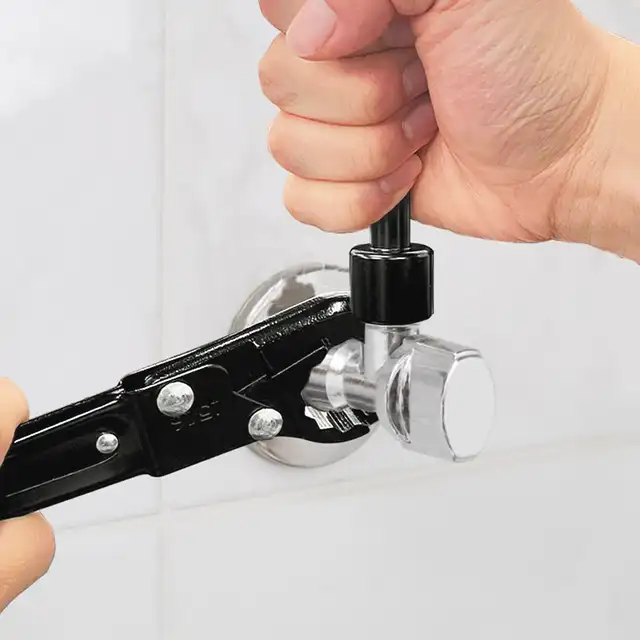 Conclusion
Conclusion
In conclusion, understanding what is a plumbers wrench is fundamental for anyone involved in plumbing, whether you’re a professional or a beginner DIY enthusiast. A plumbers wrench is not simply a tool; it is a vital component of effective plumbing work, providing the necessary precision, strength, and versatility required to handle a variety of tasks. From tightening and loosening pipes to installing fixtures and repairing leaks, the plumbers wrench stands as an essential asset in maintaining and enhancing plumbing systems.
